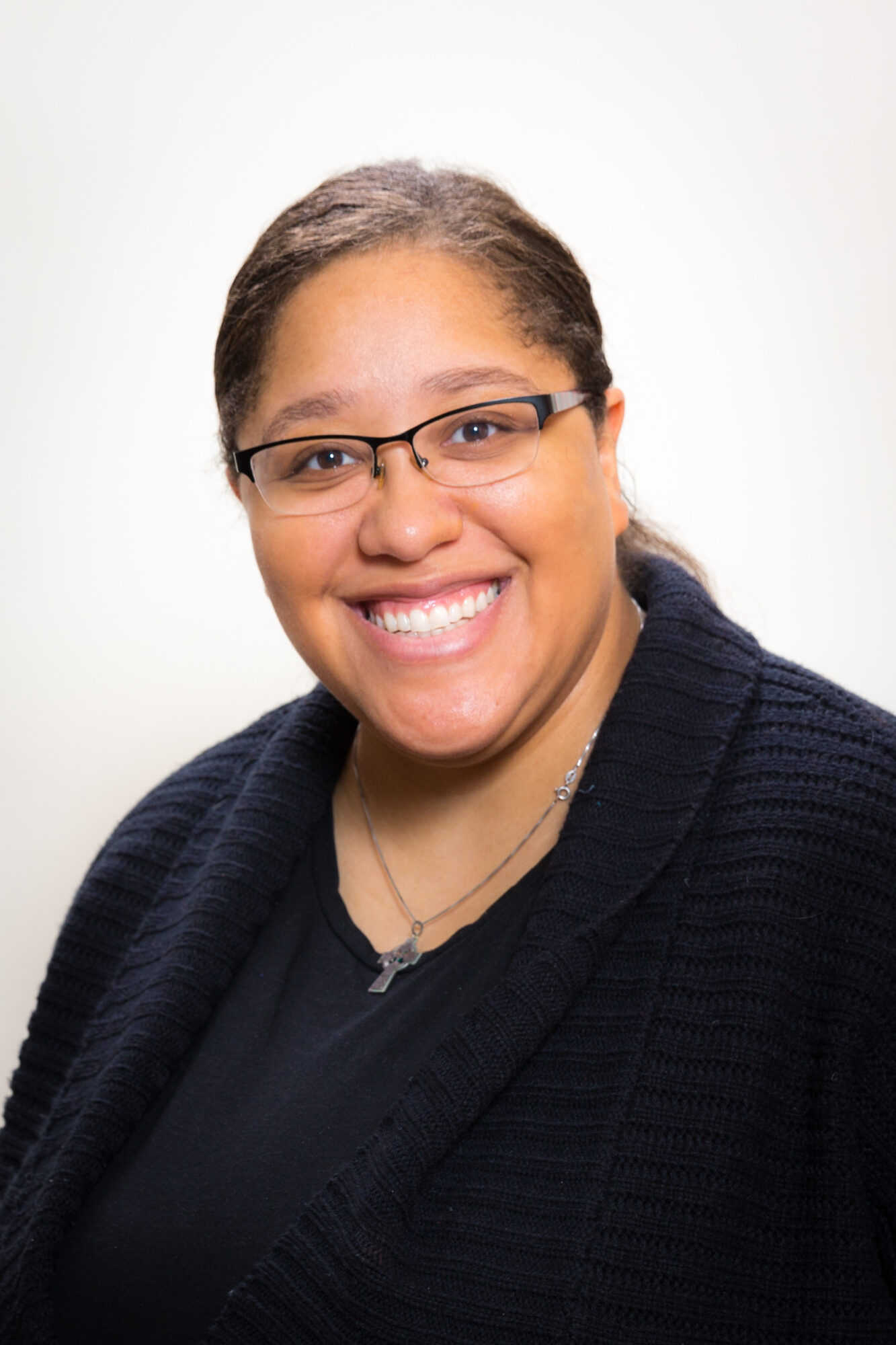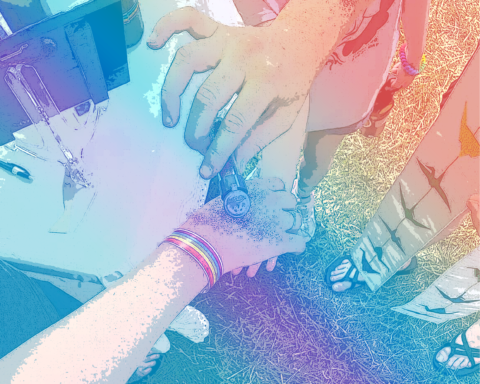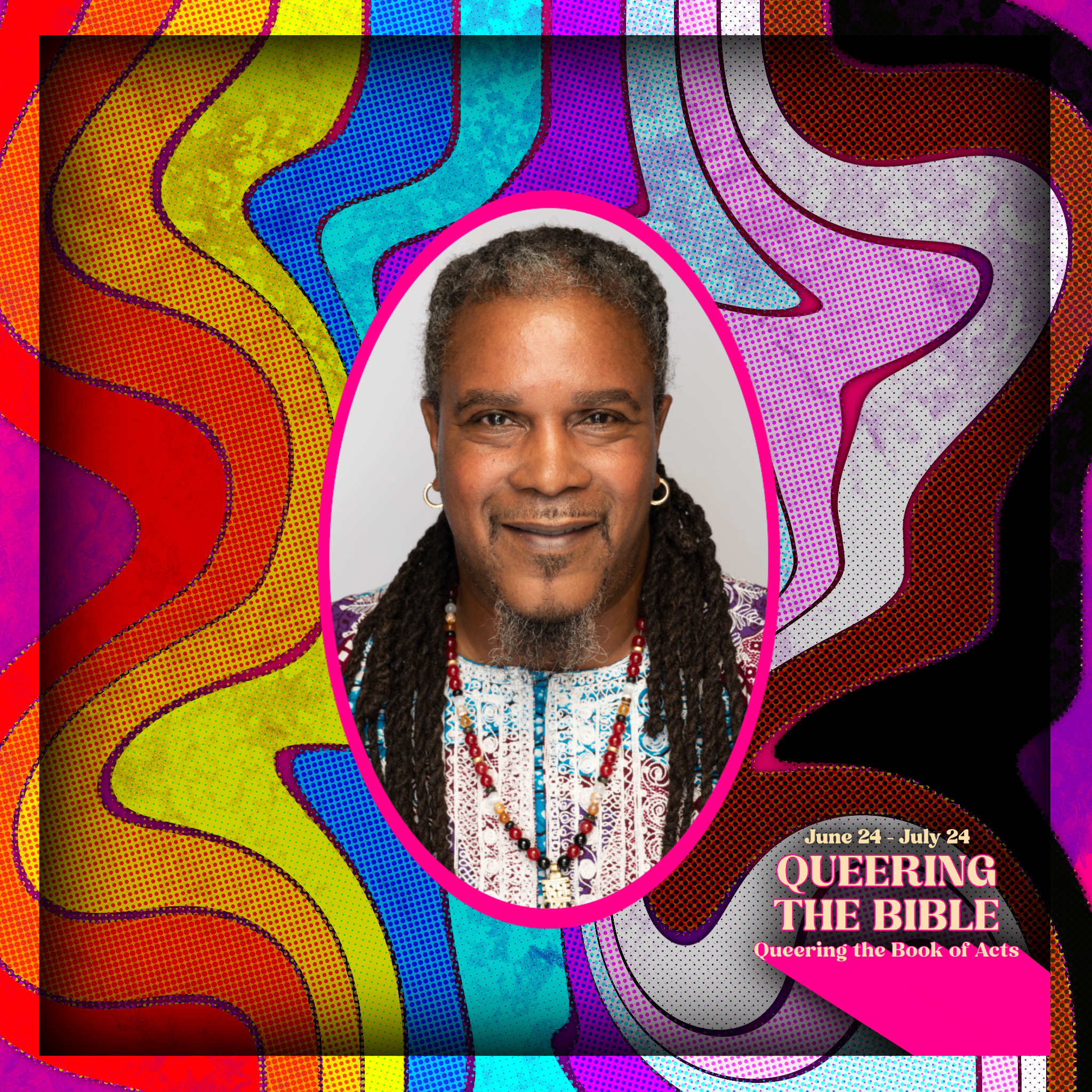The first time I ever heard the word “Juneteenth”, I was a child in Pittsburgh riding in my mother’s car. Our local Hip-Hop and R’n’B station was on, and throughout the beginning of June there was a non-stop ad that played for a Juneteenth party. Based on the ads, I concluded a few things:
1. Juneteenth was obviously a Black thing (correct)
2. Juneteenth involved a party of some sort (not exactly)
3. Because I was a child, Juneteenth was not for me (VERY incorrect)
As I got older, I learned what Juneteenth was really about. Although the Emancipation Proclamation took effect on January 1, 1863, it wasn’t enforced in Confederate states. Because of this, enslaved people in Texas didn’t learn of their freedom until Union troops arrived in Galveston Bay, Texas on June 19th, 1865. Historically, Texans primarily commemorated the day ,but ,obviously, other communities also held events. Today, it’s a national holiday complete with sales, printed plates, and even Juneteenth ice cream (yes, someone actually thought this was a good idea). As Juneteenth gains mainstream (white) attention, commercialism and capitalism seek to gloss over the real meaning of the day. This is a day about Black freedom or the lack thereof.
This weekend, I was back home with my mom at church. The pastor encouraged folks to honor Juneteenth this week through action, and the bulletin contained a blurb about upcoming Pride month events. As a queer Black person and a child of the church, it got my mind churning. How would I commemorate Juneteenth this year? What are the legacies of freedom I am currently living in?
What does freedom look like for me as a Black person in America today? I think about those who came before me and made it possible for me to live as I do. There’s Frederick Douglass asking, “What to a slave is the Fourth of July?”, recognizing that Independence Day means nothing when the land you live in keeps you in bondage. There are stories like Zora Neale Hurston’s Their Eyes Were Watching God that depict Black towns and Black life in all its glory and complexity without centering whiteness and white harm. There are my literal family members, coming from South up to Pennsylvania for lives of greater opportunities. So many people and stories and moments have led to my existence, my being able to live and breathe and be in America. The opportunities for education, travel, expression, and so much more feel like a miracle when I consider everything that had to happen to make it possible. Even having the chance to write this essay feels spectacular!
At the same time, there has never been a day that America hasn’t reminded me I am not fully free. Black people are not free with churches like Emanuel AME that can be violently torn apart by a white person’s bullet. Black people cannot be free when we are murdered while doing things as basic as playing in a park, sitting in our homes, or going for a jog. Black people cannot be free when protesting for our right to exist can get us tear gassed, handcuffed, or bruised with rubber bullets. Progress has been made, but true freedom has not yet been realized.
What does freedom look like for me as a queer Black person in America today? I stand on the shoulders of Bayard Rustin, a gay Black Quaker (also from Pennsylvania) who planned the March on Washington but could not speak at it because of his sexuality. I stand on the shoulders of Storme DeLarverie, a Black lesbian drag performer who guarded the gay bars in New York’s Chelsea neighborhood (and was rumored to have thrown the first punch during the Stonewall Uprising). I stand on the shoulders of Marsha P. Johnson, a Black drag queen (the term she used) and gay liberation activist who co-founded the Street Transvestite Action Revolutionaries and without whom we would not be celebrating Pride today. There are so many people whose work and lives and care made it possible for me to be an out and proud Black bisexual woman today. So many of us can hold our heads up high and be honest with the world as we claim all our identities publicly. Being able to celebrate Pride as a Black person and Juneteenth as a queer person at the same time feels liberating.
At the same time, there has never been a day that America hasn’t reminded me I am not fully free. Queer Black people are not free when our white siblings fail to take our needs and concerns into account in dating, politics, and more. Queer Black people are not free when we can be beaten on sidewalks or stabbed at gas stations or murdered in our havens of dance clubs just for being who we are. Queer Black people are not free when multiple states, including the one the Presbyterian Church USA is about to hold its General Assembly, seek to outlaw trans people from existence. Progress has been made, but true freedom has not yet been realized.
What does freedom look like for me as a queer Black Presbyterian in America today? I look back to see my colleague and friend, Rev. Bertram Johnson, the first openly gay Black man ordained in the PC(USA). I look back to both my ordination and marriage, both of which happened in the sanctuary of the church who raised me. I look back to see the community created by queer Black Presbyterians, including those who worked with me on the Black Women and Girls Task Force and made sure LGBTQ people and their needs were recognized and addressed in the report (and never stopped pointing out the issues facing our non-binary and genderfluid siblings). In this majority white, majority straight, majority cisgender denomination, spaces have been made for us in ways that bring the church closer to the unity in diversity it claims to seek. As each year passes, more of us connect with each other, our collective voices get louder, and we get to show our denomination and the world the truth in Song of Songs 1:5; we ARE Black and beautiful.
At the same time, there has never been a day that the PC(USA) hasn’t reminded me I am not fully free. Queer Black Presbyterians still face double discrimination, with racism being imbedded in Christianity and queerness being fodder for “theological difference”. Queer Black Presbyterians are not free when so many of us either find ourselves without a place in the traditional church or so badly discriminated against in it, we give it up entirely. Queer Black Presbyterians are not free when we have been called names, kept out of worship spaces and places of influence, and treated as if our race, gender identities, and sexual orientations are impossible to exist in one person. Progress has been made, but true freedom has not yet been realized.
As a Queer Black Presbyterian on Juneteenth, I stand in this moment knowing I am freer than so many before me and yet still not free. Perhaps the best way to honor Juneteenth is to do what I do every day: fight in the name of myself and all who came before until we all are free. This Juneteenth, what legacy will YOU live into?

The Rev. Ashley DeTar Birt is the Co-Director of The Center for Jubilee Practice Program Manager for New York Unitarian Universalist Justice. Ashley has worked as a youth leader, children, youth and family pastor, and artistic and justice minister. Her current work focuses on helping churches and religious groups with racial healing and reparations.




Unbound Social